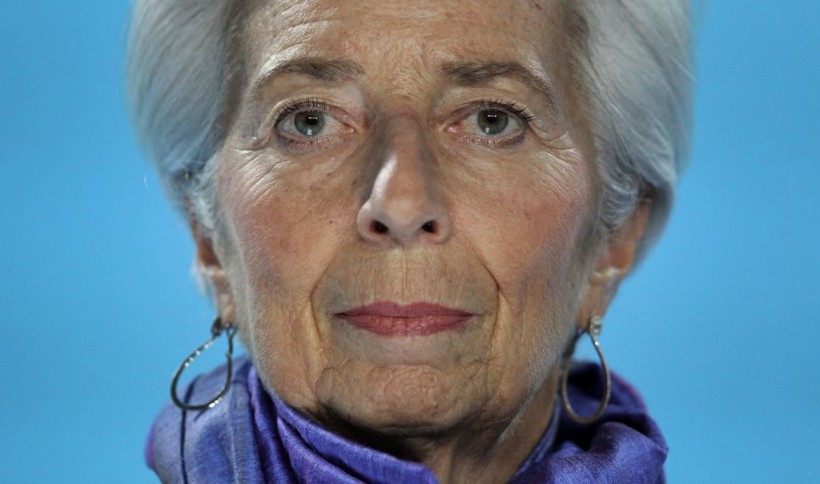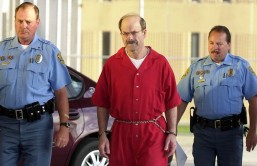
(Photo : DANIEL ROLAND/AFP via Getty Images)
President of the European Central Bank (ECB) Christine Lagarde attends a press conference following the meeting of the governing council of the ECB in Frankfurt am Main, Germany, on December 15, 2022. The European Central Bank raised interest rates which could backfire, leading the Euro to decline below the dollar.
The Eurozone crisis will crash the Euro as a result of the severe economic turmoil of the Ukrainian conflict and Brussels' allegedly questionable decisions.
ECB's Decision Could Worsen Eurozone Crisis
As shown by analysts, the Euro's downfall and a severe economic recession in Italy are likely scenarios for the European Central Bank's decision to increase interest rates in Europe. The ECB's policy option was nicknamed "kamikaze" by a few, who asserted that this would condemn a protracted economic crisis, according to Express UK.
This same ECB decision was revealed earlier in December that it would start increasing the three main interest rates by 50 basis points beginning on December 21.
According to the current data, interest rates have risen by about 2 to 2.5%, and banks are borrowing money from the ECB at a rate of 2.75%. The bloc has an inflation rate of more than 10%, which is exacerbated mainly by higher food and energy prices.
According to Gabriel Makhlouf, the Governor of the Central Bank of Ireland, the bank aims to normalize inflation to the 2% level it was before. However, the move by the ECB has been slammed by a few leading finance agencies in the West that have jitter over a lessening of value affecting the European currency of late.
Severe Economic Turmoil Has Affected the Bloc
According to JP Morgan, ING, Capital Economics, and Barclays, the single currency will fall against the US dollar, which will severely affect the bloc, citing the Telegraph UK.
Read Also: Volodymyr Zelensky Children: Does the Ukraine President Have Kids?
They predicted that the Euro would decline by 10%, striking a 20-year decline of $0.95. The same valuation of one Euro would be $1.05.
Jonas Goltermann, a senior economist at Capital Economics, remarked that what is happening is a suicidal policy. He added that they are forcing rate hikes because of high inflation, despite the bond market's impact on the economy. However, this approach could be more sustainable.
Furthermore, the expected outcome of higher rates than usual has already resulted in higher borrowing costs and an ominous return from the 2011 financial strife.
One statement from the Italian deputy PM, Matteo Salvini, called the ECB reckless, causing a rift between Rome and Brussels. Italian debt is 150% of its current GDP, troubling Rome.
During 2011, the country was subjected to a sovereign debt crisis, which sent its borrowing costs to very high levels and affected the bloc's financial status. However, the current ECB governor described the rate hike as necessary in a December speech to the Institute of International and European Affairs, according to Reuters.
This measure involves raising the rates temporarily to keep inflation down. Bankers also said that these increases are likely to increase in the future. Makhlouf added that the goal of returning inflation to normal levels would be maintained.
Another increase in interest rates is required. There is an open policy requirement to temporarily enter the restrictive territory. He added that there was too much uncertainty concerning the Eurozone crisis and the severe economic turmoil.
Related Article: Hungarian PM Says Drain the Swamp Because of Current EU Upheaval, Calls for Abolition








